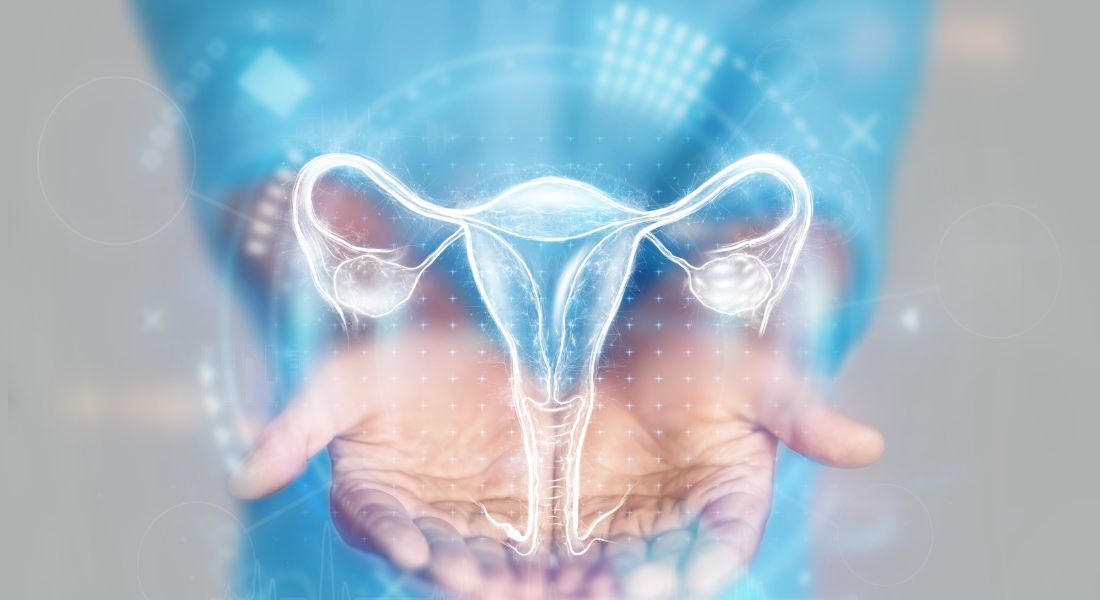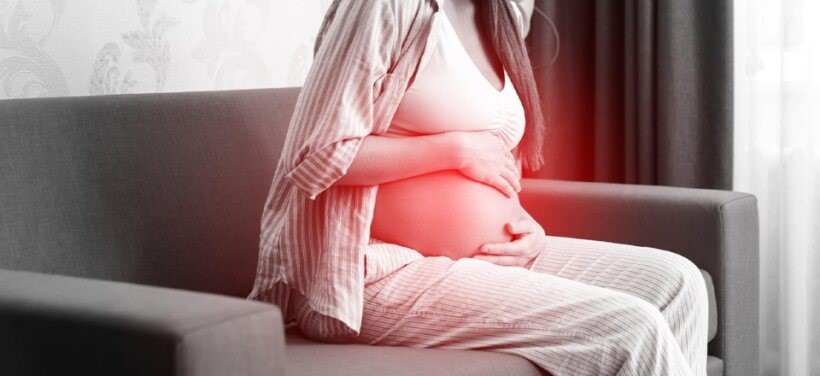Categories
Influence of Age & Lifestyle on Infertility
Nov 23, 2022
As women get older, it becomes increasingly difficult for them to conceive and handle a pregnancy. The best time for a woman to conceive and deliver a child is between 17 to 35 years. In today’s age and time, however, for a variety of factors - pursuing education, career, late marriages, etc., today’s women are delaying the age at which they begin to attempt pregnancy thereby increasing chances of fertility and decreasing their chances of conception.
Age and Infertility
Fertility begins to decline from the age of 35 and takes a much sharper downward curve with furthering age. By the time woman touches 40, the chances of conception go down to as low as just 5-10%. Advancing age reduces the quantity and quality of the eggs which consequently translates to decreased pregnancy rates while increasing the risk of miscarriage and incidence of chromosomal problems.
Couples must understand that there are no treatments available to increase the quantity of the eggs and the quality of eggs can be improved only to certain extent. Therefore the implications of advancing age on fertility must be well understood by individuals and plans should be drawn up to attempt pregnancy at an appropriate age.
Likewise, there is also increasing evidence that advancing age of the male partner can affect both the quality and quantity of sperm production. Although, the decrease is not as dramatic as it is in the case of women – the decrease is more pronounced after the age of 50.
Lifestyle and Infertility
Increasingly infertility is caused by the abysmal lifestyle choices we make. The further one is from a healthier lifestyle, the greater is the incidence of infertility. Some of the common lifestyle factors that affect fertility have been enumerated below:
Obesity: Obesity is one of the most dangerous latent health hazard faced by all age groups. The increase in obesity levels is attributed to – lack or reduced physical activity; sedentary lifestyle; lack of exercise; irregular and unhealthy dietary habits amongst others. Obesity leads to hormonal imbalances in both men and women. These imbalances consequently cause low sperm count and coital problems in males; while poly cystic ovarian syndrome, increased chances of miscarriage, and increased pregnancy complications are the effects of obesity on female infertility.
Unhealthy dietary habits: Skipping meals and irregular food habits, eating excessive junk food are some of the unhealthy dietary habits that most of us have imbibed. These unhealthy habits leads lack of nutrients in diet affecting which consequently affects the fertility of individuals. Also, this is a major contributing factor to obesity, which has already been established as a fertility killer.
Work stress: Our work lives are more all-encompassing than before and we live in an age of 24/7 professional. With both husband and wives working - young couples are constantly undergoing the stress of meeting deadlines. Often carrying work home and having to put in night shifts, couples find themselves with little time for each other while the stress keeps piling up. This kind of work stress leads to loss of libido, affects personal and sexual relationships – eventually contributing to infertility.
Exposure to pollutants: We are today more exposed to pollution and pollutants than ever in the history of mankind – all thanks to the unchecked industrialization and with urbanization. Consistent and increased exposure to pollutants causes decreased sperm quality in men.
Substance Abuse: Smoking and alcohol are detrimental to both male and female fertility.











